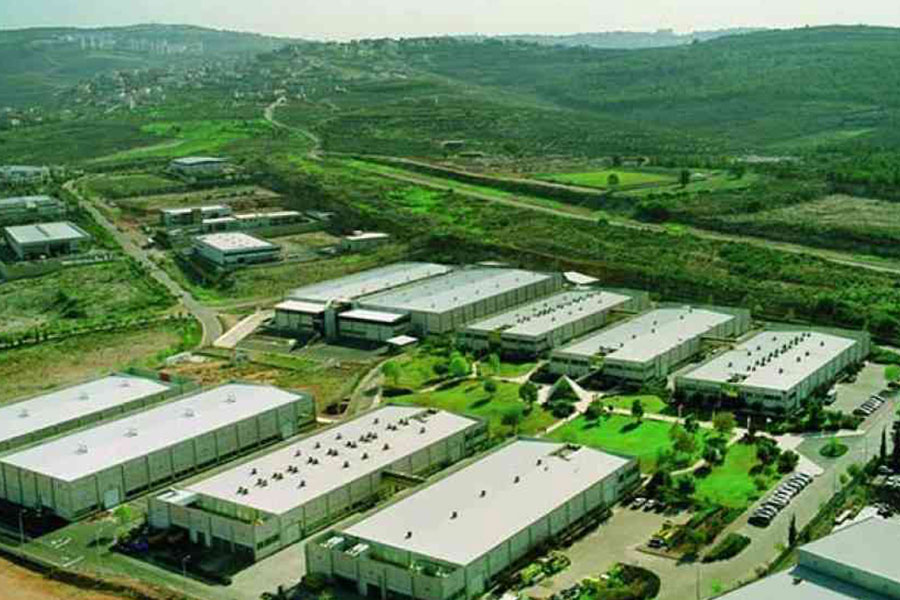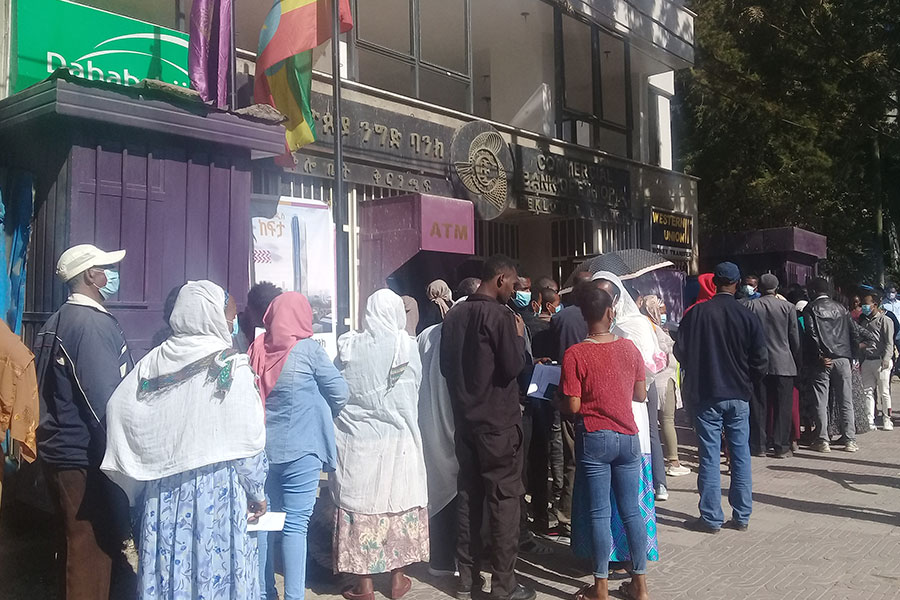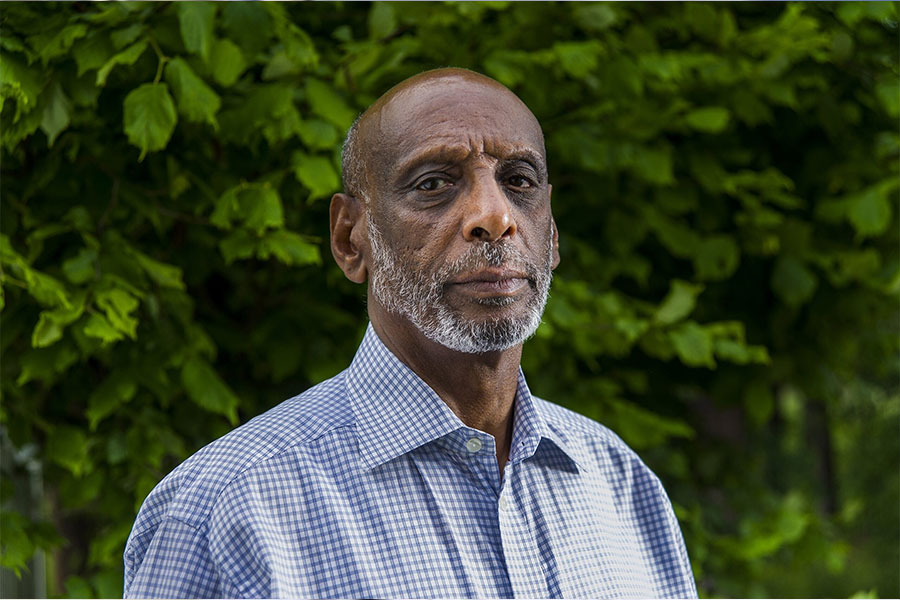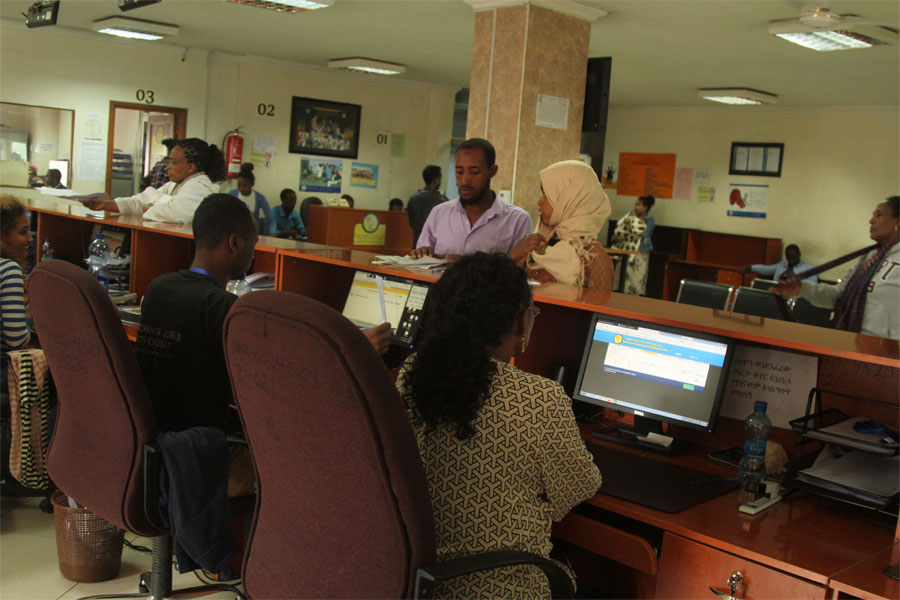
Radar | May 12,2024
May 8 , 2021
By Habtamu Yesigat (PhD)
When I met a farmer – Takele - in northern Ethiopia, it was a season of rain that was too little and too late. Together with a wrong decision about when and what to plant, he and his family had been ruined. After the crop failure on his three fragments of land, which together amounted to less than one hectare, and with no other prospect of income, his family members migrated one-by-one. His two teenage daughters went to the city for jobs as housemaids. Takele later left his wife and his two young children to work as a day labourer in commercial farms far from his village.
Like Takele, millions across Ethiopia are struggling to survive on their farms. It is projected that eight million people across the country will need food assistance this year. Most of the deprived ones made a living from agriculture. They will need immediate aid to make it through the humanitarian crisis, but just as importantly, they need long-term solutions. Most importantly, like any other business manager, these farmers need reliable advice and useful data.
I have met with thousands of farmers. I have seen their struggles to produce an adequate harvest. I have witnessed many ill-informed decisions on crop and variety choice, time of sowing and harvesting, and the impacts that followed: crop failures and increased poverty. They did not make the right choices because they did not get the most basic information needed.
There is data that could have prevented many bad harvests. But this information is not getting to farmers - at least not in a coherent, timely, and useful way. Although the country collects an enormous amount of data relevant to agriculture, it remains as fragmented as the land Takele farmed. Dozens of government and non-government institutions mine datasets for their own purposes. This disparate data could be shared and integrated to benefit farmers.
The advice provided by Ethiopia’s Ministry of Agriculture to farmers is typically averaged across all conditions, making it too general to address specific challenges farmers face. Meanwhile, several organisations have additional data that could improve and customise the advice farmers receive. These include the Ethiopian Meteorological Agency (short and long-term weather forecasts); the Central Statistical Agency (yield, price, land use), the Ministry of Trade & Industry (demand projections, demographics, macro-economic trends); the Soil Laboratory (soil type, nutrient composition); and the Ministry of Water, Irrigation and Energy (groundwater reserves, irrigation potentials).
These data could be analysed and synthesised to provide vital location-specific guidance. This would be a game-changer for Ethiopia’s farmers.
Government institutions need to work together to build a data-sharing platform that serves farmers. While initial investments will be required, the platform would soon save resources, allowing institutions to streamline operations and reduce redundancy in data collection. Most importantly, it would help farmers increase the productivity, sustainability and profitability of their farms.
Some people balk at the idea of data sharing, saying it raises risks of data misuse. But safeguards can be put in place. Participating organisations could continue to own their datasets and place data and privacy protection policies backed by legal contracts.
Many countries and organisations have already demonstrated the usefulness of data sharing for agriculture. In Kenya, farmers can get coordinated advice, inputs, financial services and insurance through a data-sharing platform called DigiFarm. Platform contributors include farm input suppliers, advisory organisations, buyers of agricultural products, a telecom company, a soil lab, and financial and insurance companies. A platform named KHETHINEXT in India connects farmers, input suppliers, buyers of products, financial institutions, researchers, experts and policymakers.
If we want farmers to thrive, they must first get the right information at the right time to make the right choices. Ethiopia’s farmers are already dependent on the vagaries of nature. The smart use of data can make a crucial difference when challenges - whether a horde of locusts or a season of drought - loom on the horizon. The data in our hands can make a difference to the lives of many if we join hands, share data, synthesise it and share it with those who can put it to good use.
PUBLISHED ON
May 08,2021 [ VOL
22 , NO
1097]


Radar | May 12,2024

Fortune News | Sep 18,2022

Radar | May 12,2024

News Analysis | Aug 25,2024

Fortune News | May 31,2025

Fortune News | Mar 12,2022

Radar | Jun 12,2023

Obituary | May 31,2025

Commentaries | May 02,2024

Fortune News | Dec 10,2018

Photo Gallery | 180919 Views | May 06,2019

Photo Gallery | 171112 Views | Apr 26,2019

Photo Gallery | 162250 Views | Oct 06,2021

My Opinion | 137336 Views | Aug 14,2021

Dec 22 , 2024 . By TIZITA SHEWAFERAW
Charged with transforming colossal state-owned enterprises into modern and competitiv...

Aug 18 , 2024 . By AKSAH ITALO
Although predictable Yonas Zerihun's job in the ride-hailing service is not immune to...

Jul 28 , 2024 . By TIZITA SHEWAFERAW
Unhabitual, perhaps too many, Samuel Gebreyohannes, 38, used to occasionally enjoy a couple of beers at breakfast. However, he recently swit...

Jul 13 , 2024 . By AKSAH ITALO
Investors who rely on tractors, trucks, and field vehicles for commuting, transporting commodities, and f...

Nov 1 , 2025
The National Bank of Ethiopia (NBE) issued a statement two weeks ago that appeared to...

Oct 25 , 2025
The regulatory machinery is on overdrive. In only two years, no fewer than 35 new pro...

Oct 18 , 2025
The political establishment, notably the ruling party and its top brass, has become p...

Oct 11 , 2025
Ladislas Farago, a roving Associated Press (AP) correspondent, arrived in Ethiopia in...

Nov 2 , 2025
The National Bank of Ethiopia (NBE) has scrapped the credit-growth ceiling that had s...

Nov 2 , 2025 . By SURAFEL MULUGETA
The burgeoning data mining industry is struggling with mounting concerns following th...

Nov 2 , 2025 . By YITBAREK GETACHEW
Berhan Bank has chosen a different route in its pursuit of a new headquarters, opting for a transitional building instea...

Nov 2 , 2025 . By BEZAWIT HULUAGER
Nib International Bank S.C. has found itself at the epicentre of a severe governance...